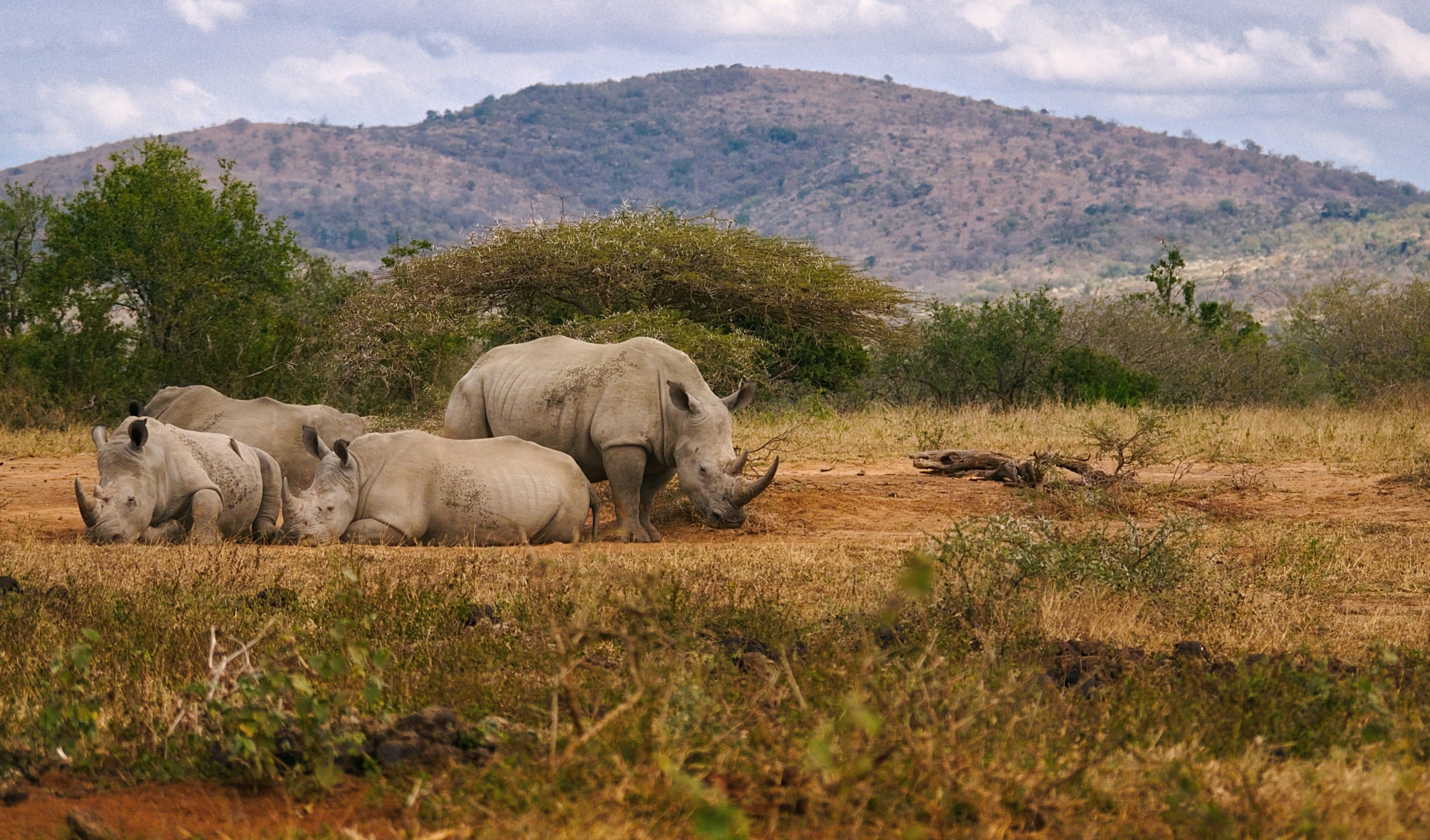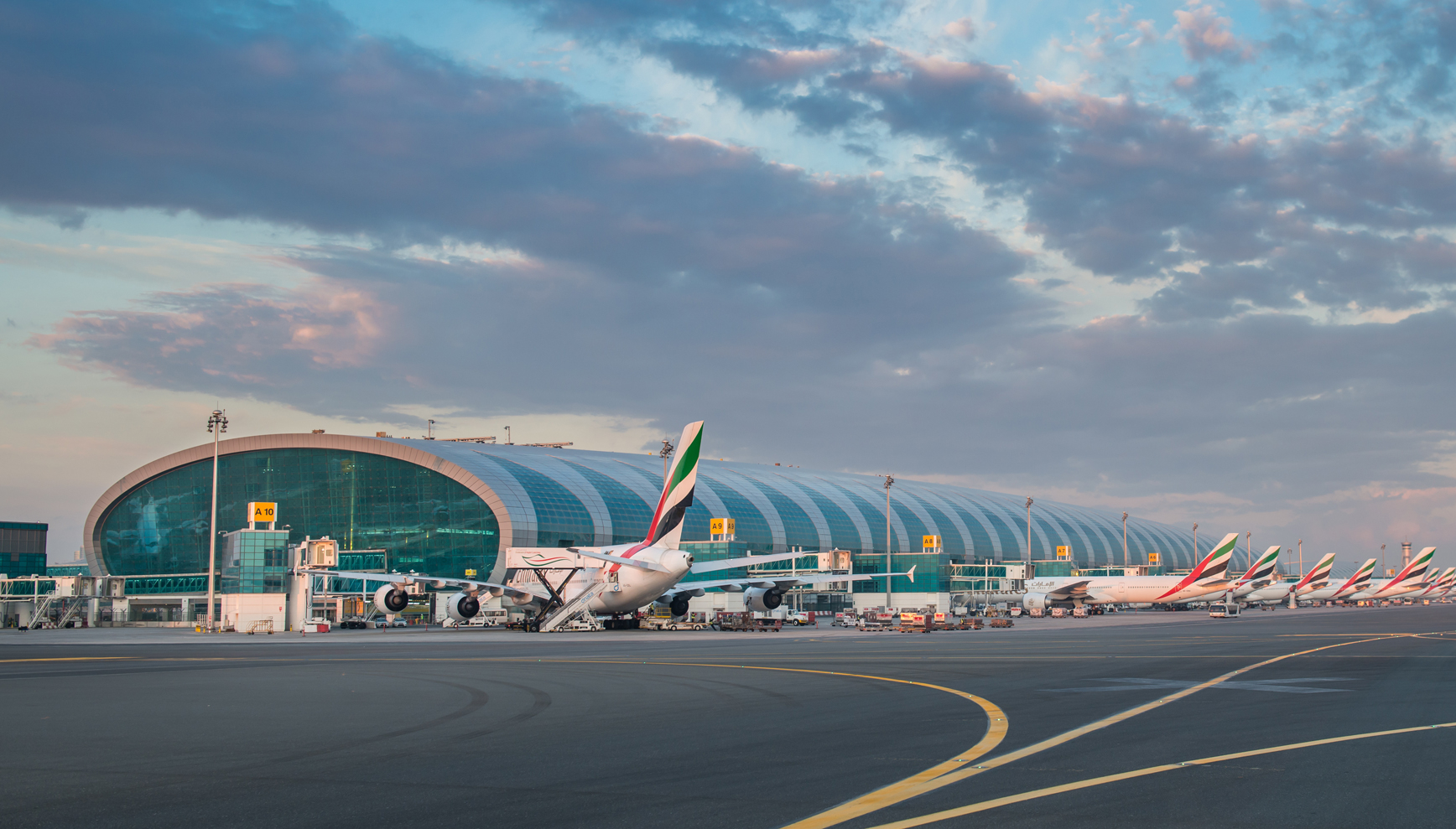David Fein, Chair of the United for Wildlife Financial Taskforce and Special Advisor at Standard Chartered, writes in Business Day, March 2017 as United for Wildlife members met in Kasane, Botswana.
The recent news that rhino poaching in SA has risen for the first time in seven years is of great concern. Late in 2021, the department of forestry, fisheries and the environment announced that over a two-week period in December, poachers killed 24 rhinos in KwaZulu-Natal, Western Cape, Mpumalanga and the Kruger National Park.
Following a steady decline in poaching since its peak in 2015, these figures serve as a stark reminder of the power of the illegal wildlife trade that has driven the black market price of rhino horn to more than $70,000/kg. In general, the illegal wildlife trade is now the world’s fourth most profitable criminal trafficking enterprise, generating revenues of up to $20bn a year.
The systematic slaughter of two dozen of this endangered species demonstrates that the complex nature of the problem — facilitated by vast criminal underground networks — must be met with a targeted and collaborative response.
Historically, in SA and other countries rich in biodiversity the response to an increase in illegal killing of protected species has been left to conservationists and conservation enforcement agencies. These organisations are often siloed and under-resourced, leaving a lack of information and capacity to adequately disrupt the transnational criminal networks plundering the rich biodiversity of our planet.
Fortunately, there is now a growing understanding across the world that the illegal wildlife trade is a serious and organised crime, which demands — and deserves — an equally serious and organised response. Not only does it destabilise local communities, it also fuels corruption on a global scale. Given that financial crime sits at the heart of the trade, any effective response must include the full power of global financial system.
To successfully disrupt the illegal trade and close the net on these criminal gangs, we need a co-ordinated response on three fronts:
- first, NGOs and front-line organisations require access to best-in-class data and the knowledge of how to deploy it for maximum effect
- second, the financial sector and investigators must harness their power to monitor suspicious activity and identify potential networks via their financial footprints
- third, all relevant actors across the public, private and not-for-profit sectors should work in close partnership to identify, investigate and bring to justice those responsible for this transnational organised crime.
I am proud to be vice-chair of United for Wildlife, an organisation founded by Prince William and The Royal Foundation, which works tirelessly to bring together all of these valued partners across sectors and borders. Recently, United for Wildlife has been focused on creating regional chapters: local networks of relevant and committed leaders who know how to respond to activity threatening protected species.
Perhaps nowhere has this approach been more effective (or timely) than in Southern Africa. We formed the Southern Africa chapter in January 2021, and it includes leading government agencies, transport companies, financial institutions and other corporates, and NGOs. Since then it has moved at pace to establish a direct collaboration against the illegal trade with SA law enforcement.
The group responded with purpose and urgency to the rhino poaching spike at the end of 2021. Increased scrutiny at airports and marine ports led to the seizure of 13 rhino horns destined for Asia. Member financial institutions followed the money to target the transnational organised crime syndicates behind the poaching, resulting in a number of arrests.
As our members attend a conference in Kasane, Botswana in mid-March, we continue to grow this regional network across the Southern African region.
The arrests of poachers and the seizures of wildlife products is too often the end of the investigation. With our valiant partners in Southern Africa we are demonstrating that the arrests and seizures are just the start of the investigation, which must be pursued to end this pernicious trade, which is driving protected species to extinction and endangering our planet.
– David Fein




